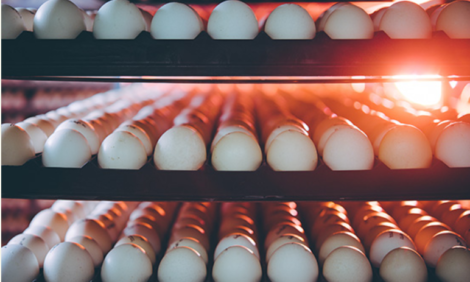



French Abattoirs in Crisis as AIM Goes into Receivership
FRANCE - The Normandy abattoirs of the company AIM were placed in receivership this week with the hopes of finding a buyer.The move follows the troubles of the Brittany meat processor GAD that has seen two thirds of its workforce cut between 2013 and 2014.
AIM is the third food company in the Basse-Normandie region with production plants at Sainte-Cécile, Antrain, and Nogent-le-Rotrou, processing pork, beef, veal and lamb.
The company also trades in cured and smoked products as well as poultry.
Founded in 1956 the company employs a total of 679 people and is part of the Association Normande des Enterprise Alimentaires (ANEA).
According to the French meat industry organisation SNIV SNCP for the cattle sector the concentration of abattoirs in the region is an asset despite the drop in prices caused by the Russian ban on exports.
The association said that the greatest challenges relate to the pig meat sector, which in the slaughter sector has been weak for a number of years because of unfavourable market conditions and for several years has had problems with the labour force.
Paul Rouche, Managing Director at SNIV-SNCP, said that for several years the main competition for French pig meat has come from German and Spanish companies that use a cheap workforce, with wages being double in France compared to Germany.
“So the German and Spanish wholesalers have taken our share of the market and put our abattoirs in difficulty,” Mr Rouche said.
He said that France now imports between 25 and 30 per cent of the 600,000 tonnes of pork it consumes every year.
He added that another aggravating factor was the ban imposed by Russia in
January last year following the discovery of African swine fever in wild boar in Lithuania.
As Russia took a quarter of European exports, the French industry could not find either the volume or the prices in the market to make up the loss.
In just a year, the losses amounted to between €150 and €200 million.
Mr Rouche added that the price war between the supermarkets was also having devastating effects.
“We have never seen what is happening today with pork at less than €2/kilo in the supermarket,” he said.
He said that the sector had not seen the end of its troubles.
“The moves to restructure the industry had been started and would be seen through to the end. The problems are not over,” he said.








